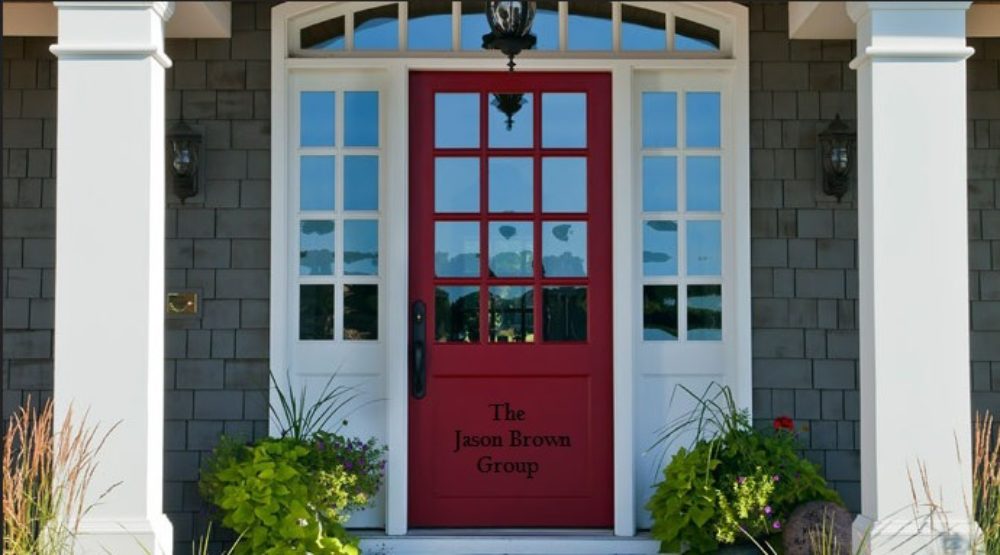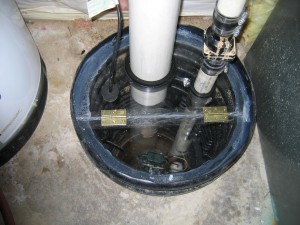Checking The Pulse Of The Kansas City Real Estate Market
Radon gas is the second leading cause of lung cancer and that’s why the majority of home buyers in Kansas City, Johnson County Kansas, Leawood and the surrounding area are having the home they’re purchasing tested for radon gas. Most homes will have some level of radon gas since it’s a soil born gas and it can rise from the ground through just about any home penetrations like windows or cracks in your basement floor. The sump pit hole that most homes in our area have is one of the biggest culprits for allowing radon gas into a home. It’s certainly the biggest hole between the home and the earth and that’s why covering the hole is usually the first step in the radon mitigation process.
You can’t sense radon gas because it’s invisible and odorless. Even the smallest cracks in your basement floor or foundation walls can allow in radon gas. Radon gas can be present on a 100-year-old home or a newly constructed home. The EPA recommends you test your home for the presence of radon gas and if the test results in a reading higher than 4.0 (picoCuries per liter of air) they recommend steps be taken to mitigate the radon down to a level below a 4.0 reading. If you think testing for radon gas is not worth the trouble, you should consider that more than 20,000 people die each year due to exposure to radon gas.
Besides covering the sump pit hole, other methods for reducing the level of radon gas in a home include filling the void where the basement floor meets the foundation wall, filling any visible cracks in the concrete and the installation of an exhaust pipe from the basement floor (sometimes straight out of the sump pit) that runs to the exterior of the home (with the help of a low voltage fan). The cost of installing a radon mitigation system has come down in recent years and many homes cost less than $800, depending on difficulty of the installation.
You can learn more about radon at the EPA’s site. Many home inspectors can test for radon and then recommend a company for installing a mitigation system, should one be needed. Some radon companies both test for radon and install mitigation systems, though you may find that to be a conflict of interest. To help you, here’s a list of some local radon inspection and mitigation system installation companies…
Affordable Radon Solutions
AAA Radon Solutions
Air Chem Radon
Certified Radon
Complete Home Inspection
Crown Home Inspections
Custom Home Inspection
Family Home Inspection Services
Home Team Inspection Services
Mid America Property Solutions
Midwest Radon
Posted by Jason Brown

